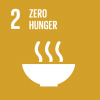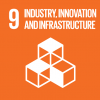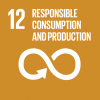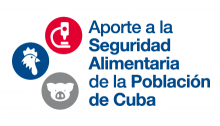
Increasing the availability of safe food of animal origin and raising levels of animal health in order to improve food security for the population of Cuba.
- MINAG officials linked to food security.
- Public or private agricultural production units in Cuba.
- The whole Cuban population.
-

The director of the Cuban National Veterinary Diagnostic Laboratory has paid a study visit to the IRTA-CReSA Centre for Research in Animal Health (Centro de Investigación en Sanidad Animal) / Institute for Food and Agricultural Research and Technology (IRTA) (Instituto de Investigación y Tecnología Agroalimentaria) / Department of Agriculture, Livestock, Fisheries and Food (Departamento de Agricultura, Ganadería, Pesca y Alimentación) of the Government of Catalonia, with the aim of strengthening capacities in the monolayer immunoperoxidase technique (IPMA).
STUDY VISITS
-
-

Visita de estudio al Centro de Investigación en Sanidad Animal IRTA-CReSA, en Barcelona, para profundizar en el conocimiento sobre técnicas diagnósticas de peste porcina clásica (PPC)
» For more information click here
-
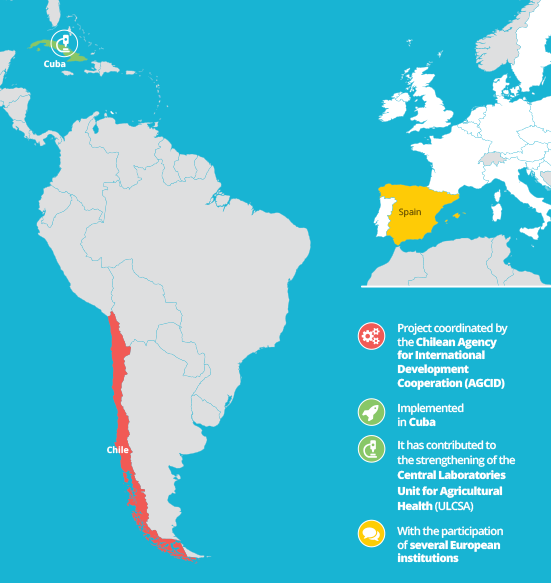
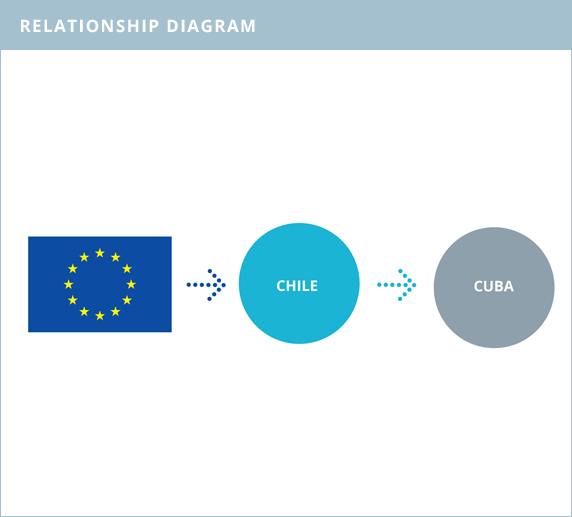
Our project seeks to increase the availability of safe foods of animal origin and improve animal health levels, in order to improve food security in Cuba. In this way, we are contributing to the 2030 Agenda through actions that are framed in SDG 2, but also in 9 and 12. Ensuring access to good quality food, we contribute to the sustainable development of the population of Cuba.
MAIN CONTRIBUTION, FROM THE PROJECT'S THEMATIC PERSPECTIVE
CONTRIBUTION FROM A PARTICULAR PROJECT COMPONENT, COMPLEMENTARY TO THE MAIN TOPIC
CONTRIBUTION FROM CROSSCUTTING TOPICS
Good Practices
Developing an internship programme between countries, involving top-level professionals to learn first-hand about best practices in each of the countries and thus encourage the transfer and assimilation of know...
Carry out face-to-face meetings to create a protocol of action for the implementation of purchasing and procurement actions abroad, in agreement with all actors involved. This will serve both to minimise possib...
Lessons Learnt
At the beginning of the project, the team became aware of a series of constraints and limitations established by the country's (in this case Cuba's) regulations related to imports. The lack of prior analysis of...
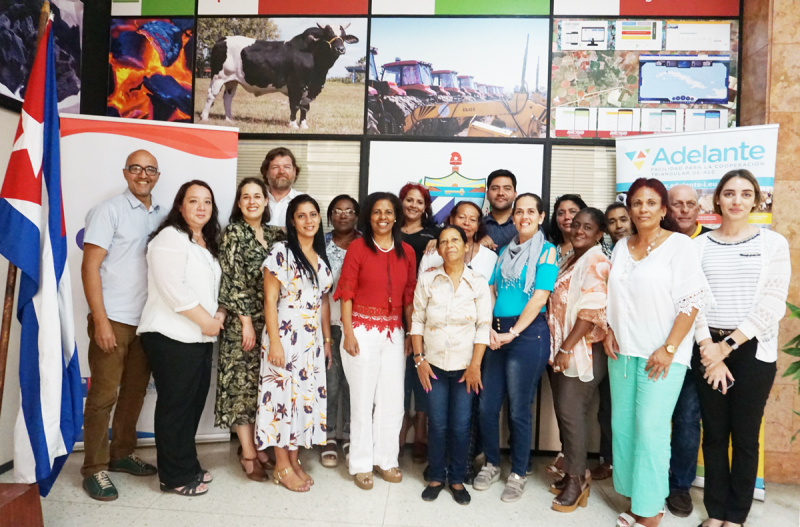
The first monitoring mission of the triangular project entitled "Contributing to food security for the population of Cuba" was carried out in La Habana, Cuba, from 3 to 6 March 2020, with representatives of the Ministry of Agriculture of Cuba (MINAG), the Agricultural and Livestock Service of Chile (SAG), the Chilean Agency for International Cooperation for Development (AGCID) and the Technical Assistance of the European Union's ADELANTE Programme.
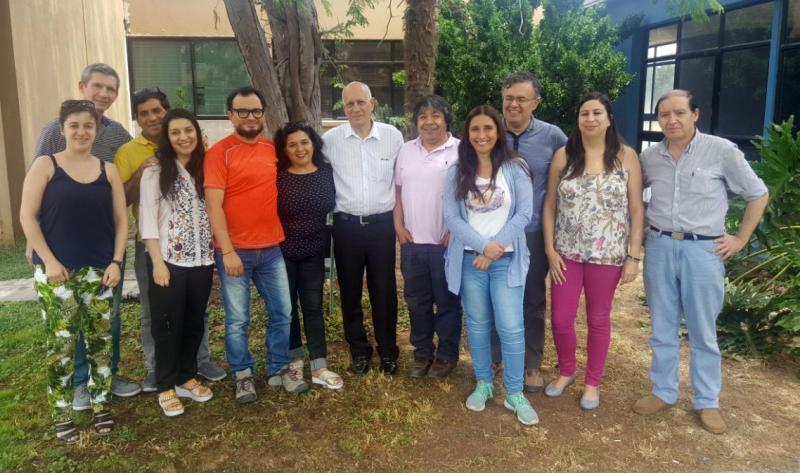
The project "Contribution to the Food Security of the Population of Cuba", began its execution in November of 2017, and to date there have been 8 internships in which 16 Cuban professionals have been trained in the Laboratory and Quarantine Station Lo Aguirre and the Central Office of the Agricultural and Livestock Service of Chile.
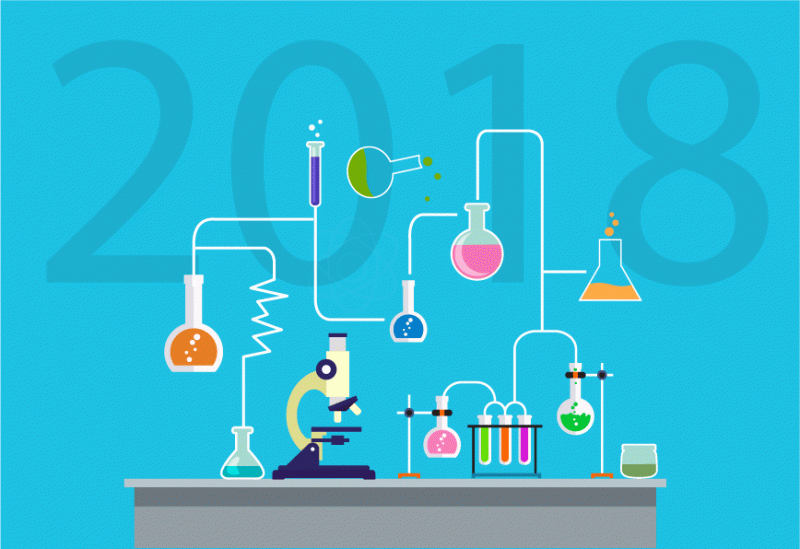
Purchase and import of equipment, technological support and vehicles for taking samples for:
- National Food Hygiene Laboratory (LNHA)
- National Veterinary Diagnostic Laboratory (LNDV)
- National Laboratory for Avian Research and Diagnosis (LIDA)
- Replicas of internships in Chile: First semester of 2018
Training courses for Production Units in detection and prevention of Avian Influenza and Swine Diseases: During 2018
Internships in Chile and Missions to Cuba in:
Press room
In this section you will find detailed information about the Contribution to the food security of the population of Cuba project, specifically created for the media.
Press releases:
There are currently no press releases


